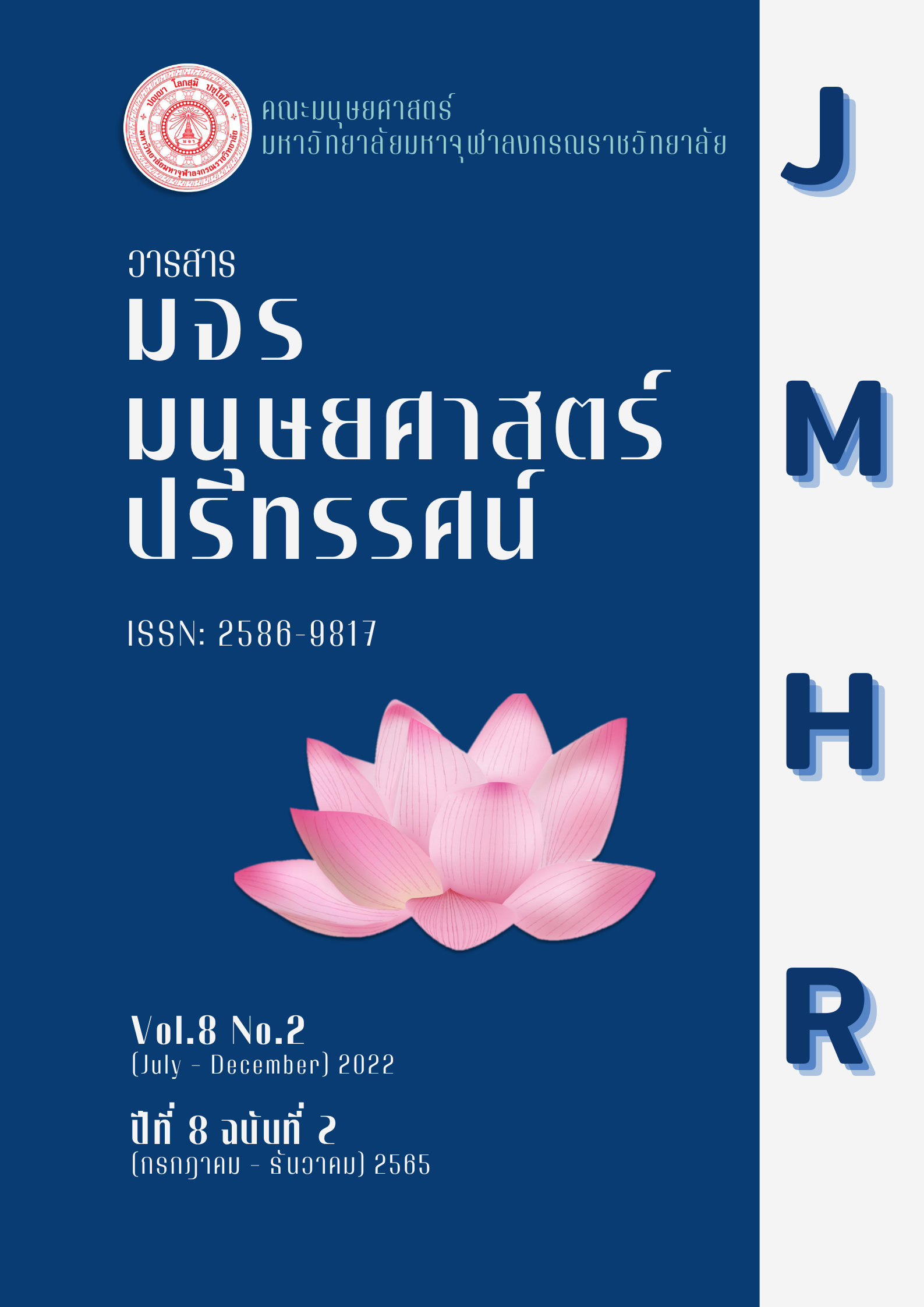A Study of Factors Affecting and Causing English Speaking Anxiety Among MCU Bachelor Students
คำสำคัญ:
-บทคัดย่อ
-
เอกสารอ้างอิง
Cohen, C., Bauer, E., and Minniear, J. (2021). Exploring how language exposure shapes oral narrative skills in french-english emergent bilingual first graders. Linguistics and Education, 63:100905.
Ellis, N. C. (2002). Frequency effects in language processing: A review with implications for theories of implicit and explicit language acquisition. Studies in second language acquisition, 24(2), 143-188.
Horwitz, E.J., Horwitz, M. B., & Cope, J. (1986). Foreign language classroom Anxiety. The Modern Language Journal, 70(2), 125-132.
Levis, J. (2005). Changing contexts and shifting paradigms in pronunciation teaching. TESOL Quarterly, 39(3), 369-377.
Liu, M. (2007). Anxiety in oral English classrooms: A case study in China. Indonesian Journal of English Language Teaching, 3(1), 119–137.
MacIntyre, P. D., & Gardner, R. C. (1989). Anxiety and second‐language learning: Toward a theoretical clarification. Language learning, 39(2), 251-275.
Nunan, D., David, N., & Swan, M. (1992). Research methods in language learning. Cambridge university press.
Scovel, T. (1978). The effect of effect on foreign language learning: A review of the anxiety research. Language learning, 28(1), 129-142.
Young, D. J. (1990). An investigation of students’ perspectives on anxiety and speaking. Foreign Language Annals, 23(6), 539-553.

ดาวน์โหลด
เผยแพร่แล้ว
รูปแบบการอ้างอิง
ฉบับ
ประเภทบทความ
สัญญาอนุญาต
ลิขสิทธิ์ (c) 2022 วารสาร มจร มนุษยศาสตร์ปริทรรศน์

อนุญาตภายใต้เงื่อนไข Creative Commons Attribution-NonCommercial-NoDerivatives 4.0 International License.





